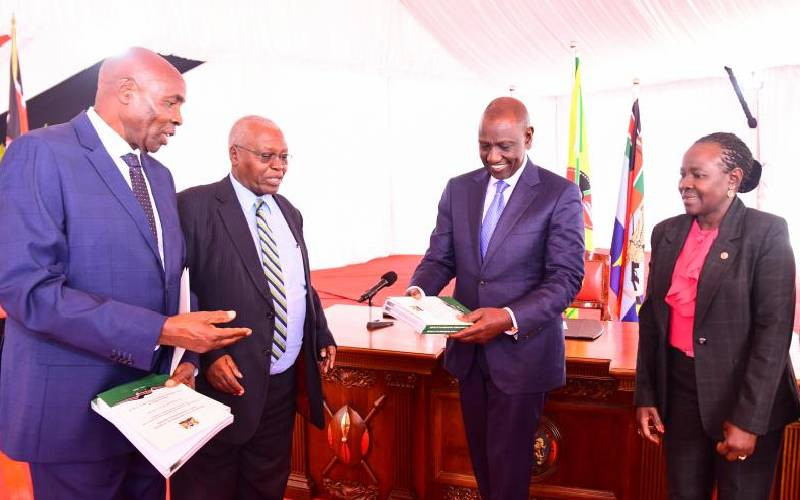×
The Standard e-Paper
Fearless, Trusted News

One year since William Ruto was elected president, the education sector has witnessed a shake-up in operations that will affect it from primary schools to universities.
The changes range from an overhaul of the university funding model to adjustment of the Competency Based Curriculum (CBC).